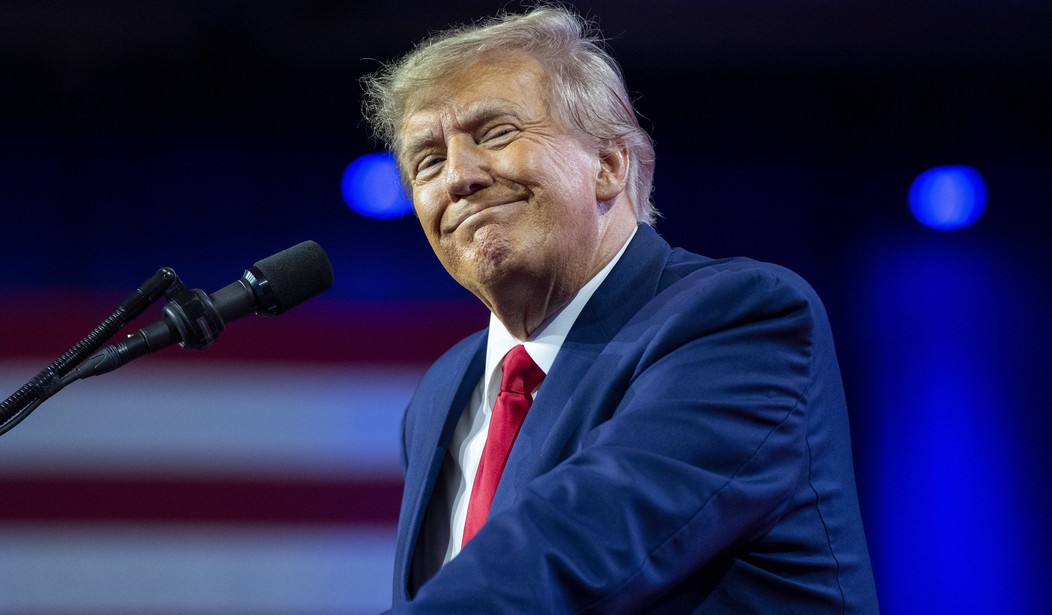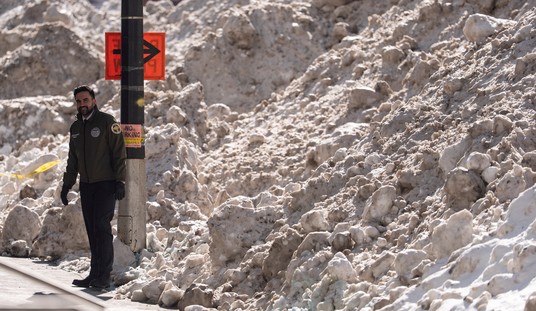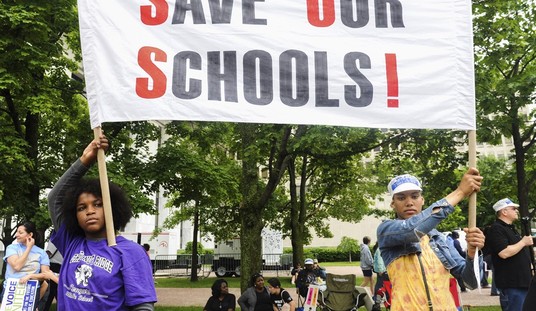The mere mention of “Trump” instantaneously causes a reaction in tens of millions of Americans, ranging from fawning adulation and fierce loyalty to disgust, visceral hatred — and worse. Trump deserves neither extreme, of course, but what he does deserve is, at least measured respect for his sheer tenacity.
Think about it:
Trump (along with his father, Fred) faced his first federal investigation 50 years ago — for allegedly violating laws that barred racial discrimination in apartment rentals, as reported by The Washington Post. Fast-forward 50 years, and the former president this week was indicted on more than 30 counts for the alleged payment of hush money to porn star Stormy Daniels.
That’s a damn impressive run, in my book. Not one that I envy, but damn impressive just the same.
Trump’s 50-year myriad of investigations has included allegations serious and not-so-serious, including by TDS-riddled then-Speaker Nancy Pelosi’s Russia “collusion” hoax investigation, about which we finally and ironically learned that none other than Hillary Clinton, Trump’s 2016 presidential election opponent., personally approved a plan to share bogus Trump-Russian allegations with the lapdog media.
While the obsession (addiction) with the Trump indictment remains wall-to-wall, I decided to offer a respite to readers who are already sick to death of the 24×7 coverage and ad nauseam “breaking news” about the whole thing.
According to WaPo, here are the “highlights” of Trump investigations over the last 50 years:
1970s
1972-1975
Federal investigators find evidence that Trump Management, the real estate empire run by Trump and his father, Fred, systematically discriminated against Black and Hispanic people by steering them away from mostly-White buildings and toward minority-dominated properties. Prosecutors filed suit against the Trumps in 1973 and the court battle ended in a settlement in 1975.
Part of that settlement included Trump running ads pledging not to discriminate.
To be fair, Trump insisted in the 1990s on allowing black and Jewish members of Mar-a-Lago, while other private clubs in Palm Beach openly discriminated against blacks and Jews. While I’m not exactly a card-carrying Trump loyalist er, I have always found the “racism” trope about Trump to be nothing more than politically driven.
1980s
1980-1982
Investigators examine Trump’s dealings with organized crime figures, focusing on whether he gave three apartments and a swimming pool in his signature Trump Tower building on New York’s Fifth Avenue to a woman tied to a key mob figure and union president, who in turn allegedly kept construction of Trump Tower moving even as the city’s building trades workers were on strike.
Trump denied all allegations, and ironically — but separate from the investigation — New Jersey officials probing Trump’s ties with mob figures then granted him a casino license.
1990s
1990-1991
New Jersey regulators investigate Trump’s finances and conclude he “cannot be considered financially stable,” yet extend his casino license to protect jobs at his Atlantic City hotel. The Casino Control Commission warns that “a complete financial collapse of the Trump Organization is not out of the question.”
Odd — or corrupt? (Not Trump; New Jersey gaming regulators. First, they determined that Trump could go down the financial tubes at any minute, then they extend his casino license.
2000s
1998-2015
Federal regulators spent years looking into allegations of money laundering at Trump’s Taj Mahal casino in Atlantic City, finally fining his company $10 million in 2015 for failing to maintain proper controls against laundering and failing to report suspicious transactions. The casino admitted to “willful and repeated” violations of the Bank Secrecy Act.
The Taj Mahal first went bankrupt in 2009, before changing ownership in 2015.
2010s
2010-2017
New York state sues Trump, alleging his Trump University defrauded more than 5,000 people.
Trump is found personally liable in the fraud case. After he became president in 2017, he was impeached — and acquitted — in Pelosi’s first “witch hunt,” over the Russia “collusion” hoax.
2020s
2019-2020
Trump is impeached and acquitted over allegations that he solicited foreign interference in the 2016 U.S. presidential election.
2021
New York state sues Trump, alleging he falsely inflated assets to mislead lenders.
2021
Trump is impeached — and acquitted — a second time for incitement of the Jan. 6, 2021, attack on the U.S. Capitol.
2017-2023
A New York grand jury investigating Trump’s payment of hush money to adult-film actress Stormy Daniels backs the first indictment in American history of a former president.
And there we have it, in a nutshell.
The Bottom Line
To suggest that the 21st century kicked off with a flurry of anti-Trump persecution and continued with a flurry would be a gross understatement. From the second impeachment (Democrat show trial) to accusations of falsely inflating his assets in an attempt to mislead lenders, to criminal investigation for events related to the Jan. 6 Capitol riot, to his handling of classified documents, the former president has faced an ongoing barrage, the likes of which American politics has never before seen.
So here’s the paramount question, about which virtually every keyboard jockey across the fruited plain is presently consumed by great bouts of ultracrepidarianism (look it up, heh): Will Trump’s indictment hurt or help in his chances in 2024?
Spoiler: Nobody pontificating about the answer knows a damn thing about what he or she is babbling.
First, citing poll results of likely Republican voters is not representative of the electorate as a whole. Not to mention, surveys conducted 18 months prior to a presidential election are simply snapshots of voter sentiment, when those surveys are conducted and are not projections of votes to come.
Second, and most critical, as I earlier suggested, surveys among the entire electorate reflect the sentiments of all likely voters. Hence, I’d argue that while the current social media mania over “the end of America as we know it” because of the Trump indictment is a fool’s game — at best. While true, it appears that the Republican Party is fired up by the indictment; the Democrat base is also charged up as hell.
While voters in neither camp are fond of acknowledging it, the “anti” vote and independent vote plays a critical role in winning — or losing — elections. That was the case in both 2016 and 2020, and it will surely be the case in 2024.
Either way, on this April Fools’ Day, The Donald still stands — defiantly so.















Join the conversation as a VIP Member